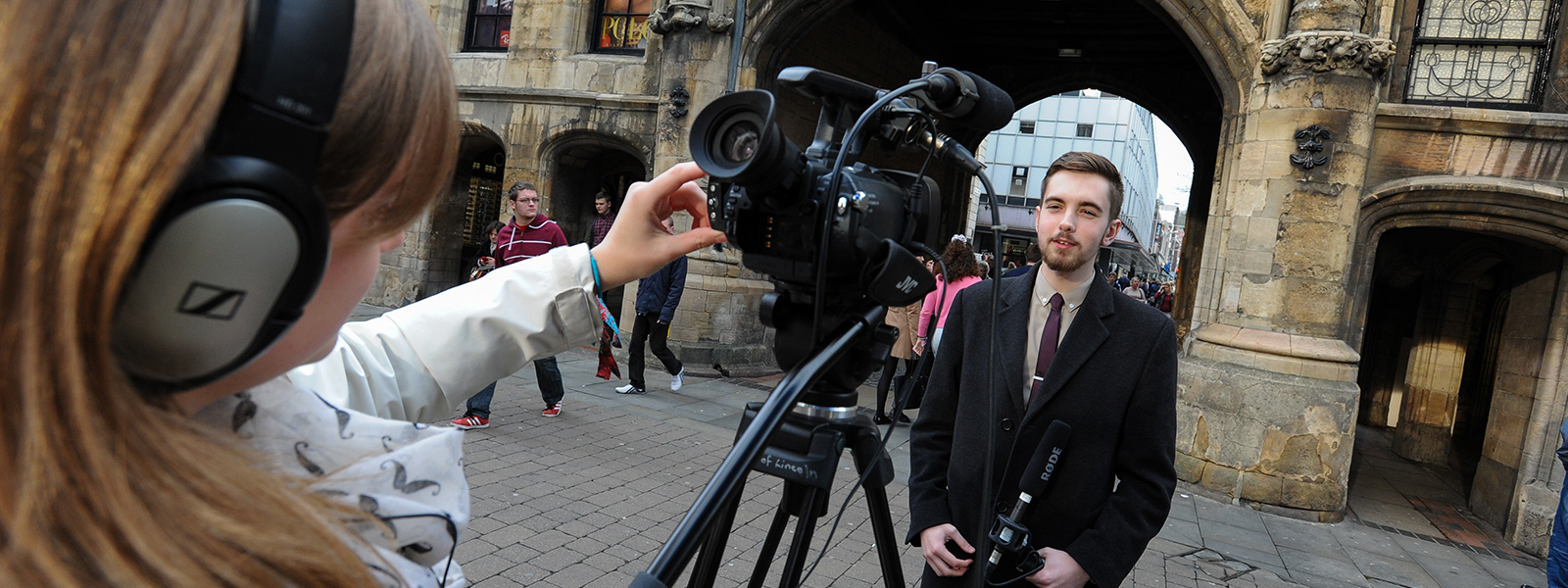Principal Investigator: Professor Jane Chapman
Research Assistant: Anna Hoyles
Research Consultant: Dan Ellin
PhD students: Adam Sherif and Andrew Kerr
Project Consultant: Dr Kent Worcester
The centenary of 1914-18, as well as the commemoration of the 70th anniversary of the end of World War 2, gave these epic events a high public profile worldwide. This timely project asked the question: what is the contribution of the comic form to the cultural heritage of these global experiences and what different kinds of historical meaning emerge?
The project research and the two major exhibitions that accompanied it – one on World War One comics in 2014 and one on Second World War comics in 2015, both at London’s Cartoon Museum- emphasised to the heritage industry the potential of comics as a cultural artefact.
Research areas include:
- Trench publications – soldiers’ own amateur newspapers featuring day to day life on the front line.
- Daily Mirror newspaper strips depicting WW1 home front concerns
- WW1 labour movement newspapers from the US, Australia and New Zealand
- Australian and American newspaper strips depicting the changing role of women during the world wars
- Comics published for US troops during WW2 featuring graphic violence
- US Golden Age comic books
- Daily Worker newspaper strips giving the British Communist Party’s view on WW2.
- Graphic novels depicting the trauma experienced by Holocaust and Hiroshima survivors.

